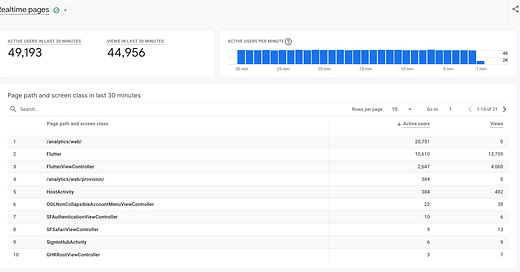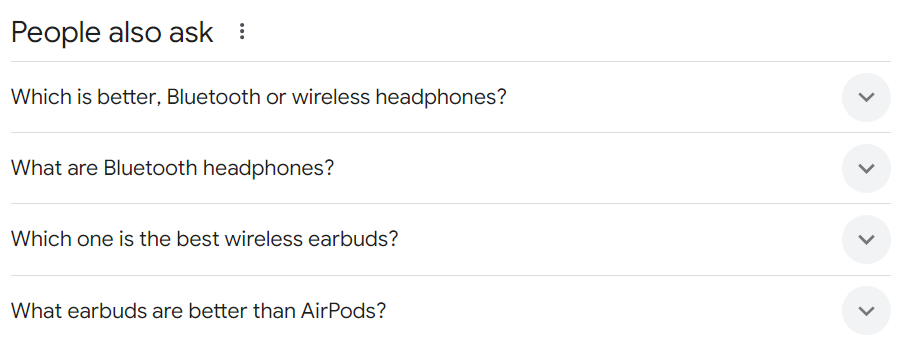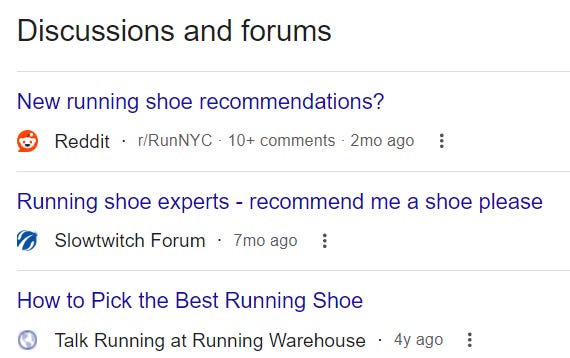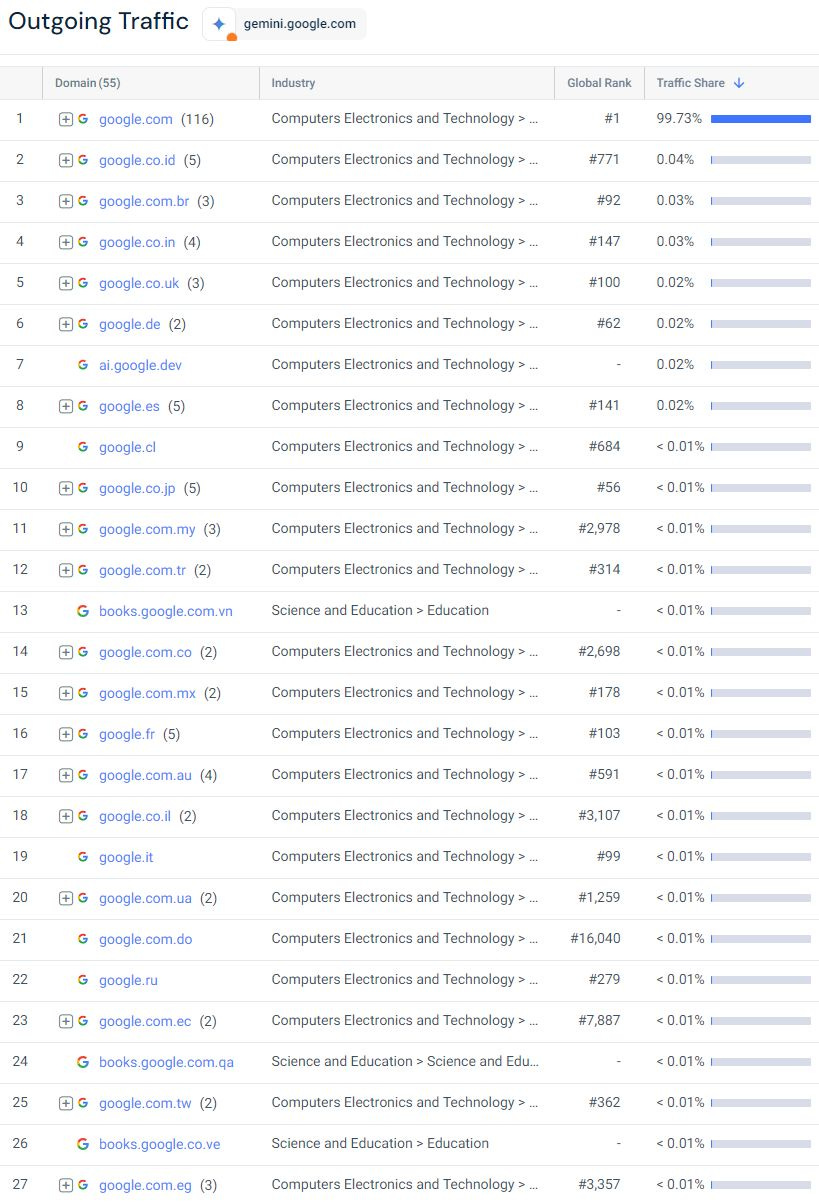New AI Features in Google, Realtime User Report in GA4, 'Quick View' Controversy & More
SEO TL;DR #43 - 14/10/2024
Data
Google Analytics 4 Introduces Realtime Pages Report
Google Analytics 4 has launched a new Realtime Pages report that shows which pages users are currently viewing on your site, along with the number of active users.
It offers a breakdown of page views in the last 30 minutes, helping to spot popular pages and troubleshoot issues quickly. You can access it via the Reports section in GA4 and it’s super helpful for campaign monitoring or diagnosing performance issues.
General SEO
Google Testing a ‘Quick View Button’
Spotted by Barry Schwartz and Tom Critchlow, Google is testing a ‘quick view’ button for recipes that allows users to see a summary without ever leaving Google.
Google confirmed they are testing this with a limited number of creators (no info on whether they’re being compensated).
To me, it’s reminiscent of the recipe cards that used to show on Google smart displays for voice searches, such as ‘show me pancake recipes’ before that feature ended up in the Google Graveyard.
While a quick view might be super convenient for users, it will ultimately reduce the need to visit the actual recipe site, limiting traffic and revenue for the publishers - especially if Google expands this feature to other industries.
AI
Ask Questions in New Ways with AI in Search: Key Takeaways for SEOs
Google has expanded its AI-driven features, enabling users to search in “more creative ways” through text, voice, images and video.
What SEOs Need to Know:
AI-Organised Search Results: Google is rolling out AI-organised results in the US for recipe-related searches. These results group the usual content types (articles, videos, forums) in one view, giving more visibility to different content formats.
Voice and Video Search: Google Lens now supports video understanding and voice search. Users can take a video, ask questions about moving objects, and get an AI Overview.
Shopping and Visual Search: When users search visually, Google has enhanced Lens to provide detailed product information, such as reviews and price comparisons. SEOs should prioritise structured data and UGC, such as reviews, to take advantage of this growing trend in visual search.
AI Overviews with Links: The new design for AI Overviews features more prominent links to web pages. Google says that early tests drive higher-quality traffic to websites. This change could improve organic traffic for well-optimised, authoritative content, making it vital to maintain high standards for EEAT (Expertise, Authoritativeness, and Trustworthiness).
These AI-driven features present both challenges and opportunities for SEOs. As AI increasingly organises and summarises content, optimising for various voice, video, and visual search formats will be vital to remaining competitive in search rankings.
Ecommerce SEO
Google Store Ratings Now Available in More Countries
Google's Store Ratings, which show customer feedback on product quality, shipping, and service, are expanding beyond the US to Australia, Canada, India, and the UK.
These ratings can appear directly in search results, helping shoppers make better purchasing decisions. If you sell in these regions, you can participate via Google’s Customer Review program or independent review platforms to boost your visibility in search. More info on how to participate.
Content SEO
Google Search Tests List Articles
Google is experimenting with a new ‘List articles’ section in search results, displaying articles like ‘Best running shoes’ in a list format.

Listicles like this have fallen out of fashion recently due to a decline in how often they’re served, but this could be worth keeping an eye on if you publish a lot of this type of content.
I couldn’t replicate it in the UK and was only being served the ‘People also ask’ feature for ‘best wireless headphones.’
Switching my VPN to the US gave me the Explore Brands and Discussions features for ‘best running shoes’.
Switching countries with a VPN like this is always worthwhile to see what kind of ranking opportunities are out there - even if you don’t ship there - as it all feeds into the algorithm.
How Much Traffic Do LLMs Generate To Websites?
A recent LinkedIn post by Malte Landwehr highlights the minimal traffic generated by large language models (LLMs) like Gemini and ChatGPT. While web search engines send around 65% of sessions to the open web, ChatGPT sends just 2%, and Google Gemini just 0.01%!
As LLMs gain popularity, this trend could mean even less organic traffic, making SEO efforts harder to justify - which links me nicely to this piece on...
Creating SEO Content in a Zero-Click World
Chantal Smink explores the challenges of creating content in a world where Google is increasingly keeping users on its platform rather than sending traffic to websites.
With the rise of zero-click searches, we need to rethink how we create content, focusing on adding genuine value, involving experts, and utilising audiovisual formats.
This article suggests a shift towards creating content that can succeed across multiple platforms, not just in search. A must-read for anyone grappling with these changes!










